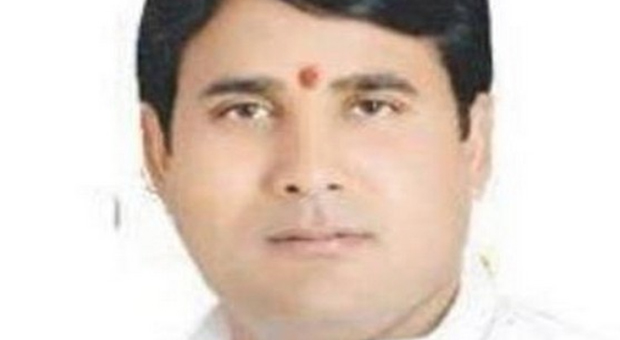Aizawl, May 29: Kummanam Rajasekharan, who was the BJP's Kerala unit chief for three years, was today sworn in as the 18th Governor of Mizoram at the Durbar Hall of Raj Bhavan here.
Gauhati High Court Chief Justice Ajit Singh administered the oath of office to the new Governor in the presence of Chief Minister Lal Thanhawla, his cabinet colleagues, Assembly Speaker Hiphei, Chief Secretary Arvind Ray among other senior officials.
Rajasekharan began his career as an activist of Rashtriya Swayamsevak Sangh (RSS) in the 1970s. He was anointed the president of Kerala BJP unit in 2015.
President Ram Nath Kovind appointed him as the Governor of Mizoram last Friday.
Mizoram has had eight Governors since NDA came to power in 2014.
Rajasekharan succeeded Lt. General Nirbhay Sharma, whose tenure ended yesterday.
Sharma was accorded farewell at the Raj Bhavan before he left for Delhi.






Comments
Don't know what will happen to our Nation. There is no value for Governors chair. Seems very soon bjp will appointment supreme Court judge from rss.
Over all mangana kaiyalli maanikya
Add new comment